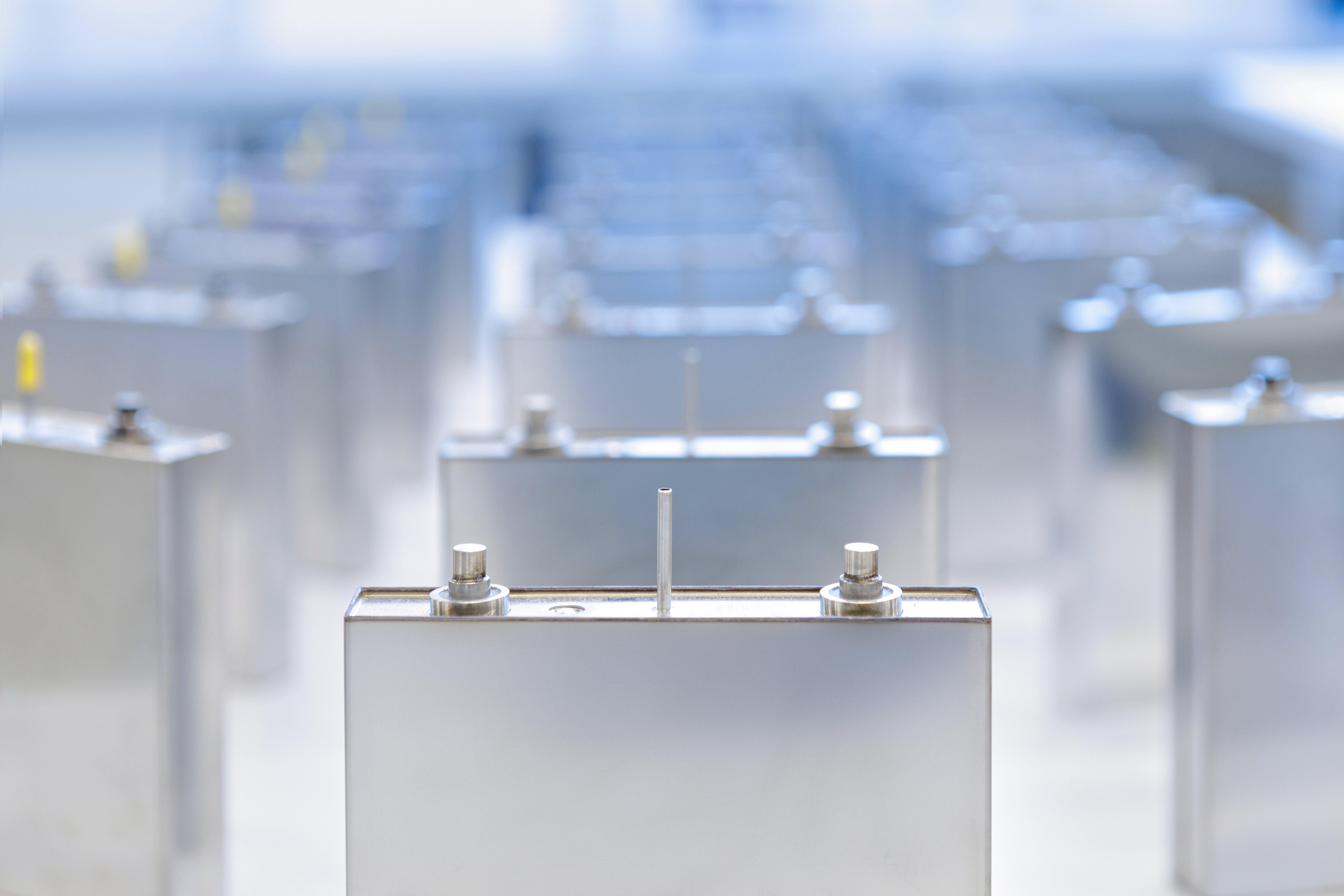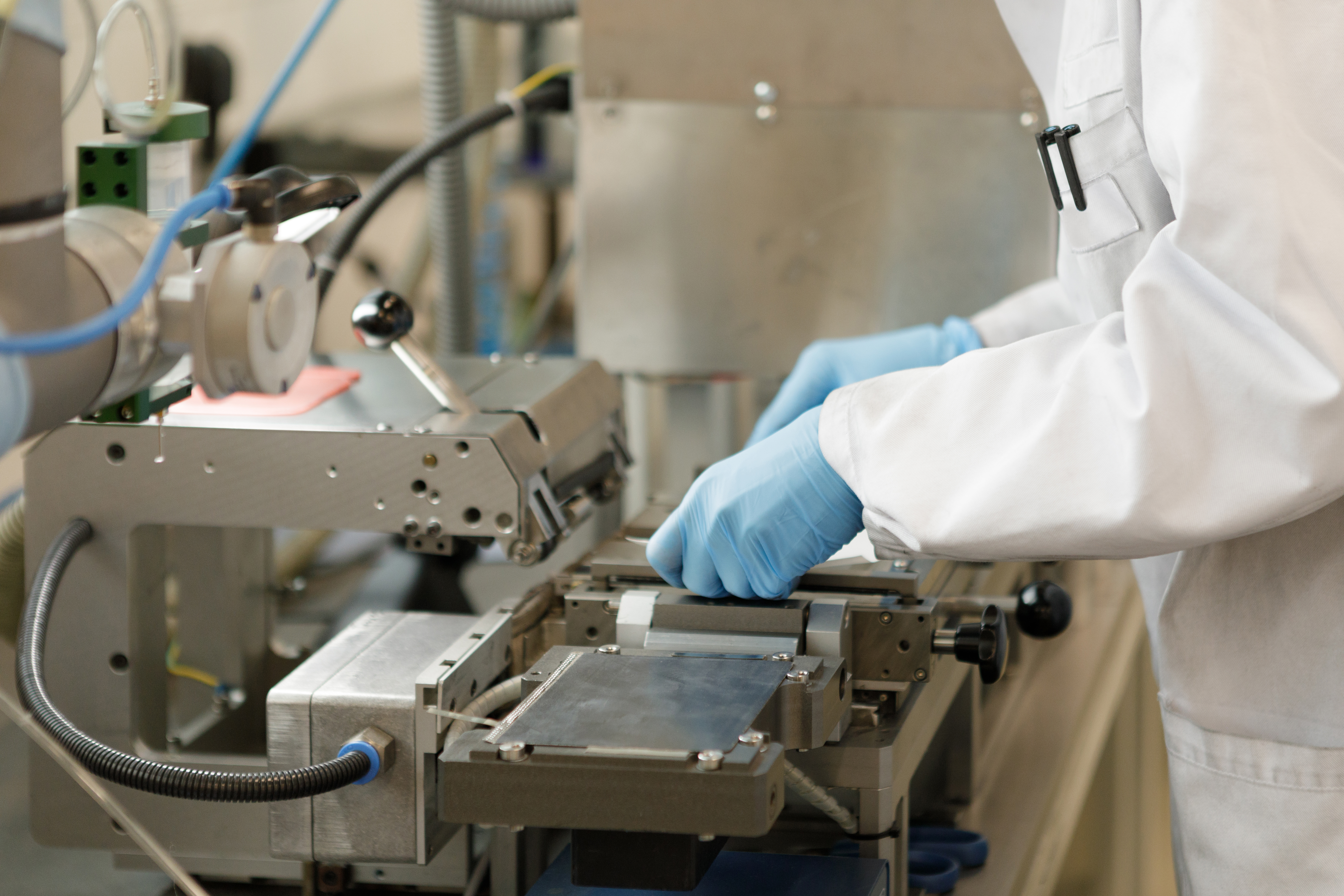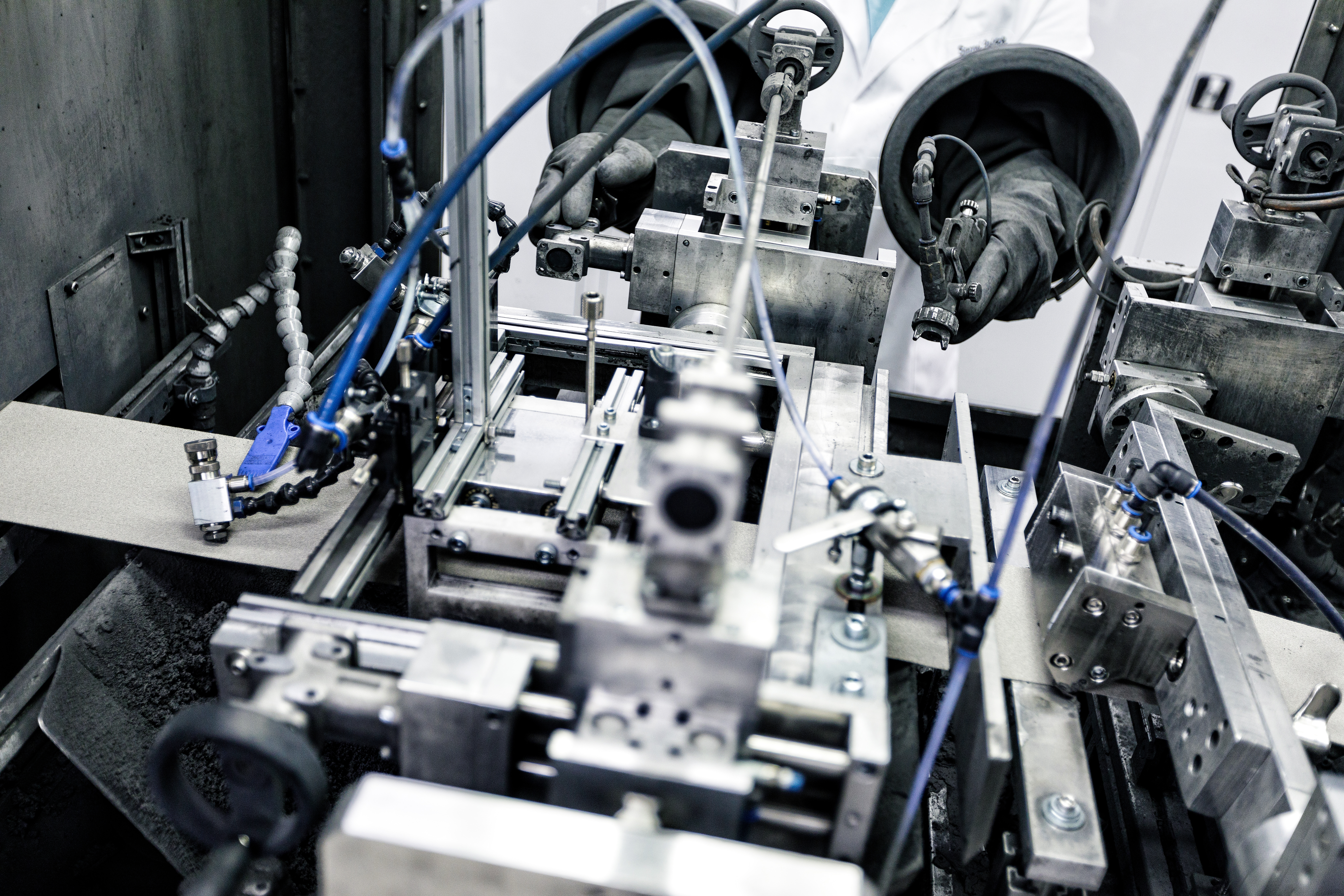We are living in an electric age. Our energy carrier of choice is the zipping electron in a conductor. And this trend is increasing. As we develop more and more systems which rely on both electricity and mobility – electric cars, electrically powered shipping and, in the coming decades, electric aircraft, we are faced with two pressing problems. The first is how to generate the electricity we need to power our devices without adversely affecting the environment, and the second is how to store it in such a way that it can be delivered in the amounts and for the duration necessary. Both problems are difficult and pressing, but a breakthrough in the second – battery systems – may be on its way.

For decades, the battery technology of choice for storing and delivering relatively large amounts of electricity over a long period has been the lithium ion battery. But these have well-known drawbacks. One is that their energy density is simply not as big as that of the liquid hydrocarbon fuels they typically replace in vehicles, meaning that it is difficult to pack enough batteries into a car to power it over the distances that drivers are typically used to from a tank of petrol. It also limits the usefulness in aircraft, because the power to weight ratio for a long flight is not favourable.
The other problem is safety – lithium ion batteries have an unfortunate tendency to catch fire and explode, which is obviously not favourable if they are in a car or an aircraft.
Swiss start-up Innolith is claiming to have made major advances towards solving both problems with a world-first battery with energy density of 1kWh per kilogram. Rather than the organic electrolyte that most lithium ion batteries contain, which is flammable, these batteries have an entirely inorganic, non-flammable electrolyte system and they do not contain toxic materials, rare-earth metals or minerals from conflict zones. The company claims these batteries are stable over many thousands of charge-discharge cycles and cannot fail in a harmful or dangerous way.
Innolith’s underlying technology has been covered in The Engineer before. In 2015, a Norwegian-based company called Alevo attempted to start up as the world’s first industrial-scale producer of grid-connected batteries in a former William Morris cigarette factory in Concord, North Carolina.
However, this was an expansion too far, too soon. The challenge of building modern manufacturing technology into an enormous 1950s building proved too much, and the company went bankrupt in 2017.
Former chief technology officer Alan Greenshields and chief operating officer Sergey Buchin bought the company’s intellectual property and its R&D facility in Bruchsal, Germany in 2018 to launch Innolith, focusing on R&D rather than manufacturing. The Engineer visited the Bruchsal laboratories in March to see how their work was coming along and spoke to several of the management team.

The battery is based on lithium chemistry, but is not a lithium ion battery. According to chief engineer Markus Borck, co-inventor of many of the technological details of the battery with Laurent Zinck, who has the role of chief scientist for the company, lithium itself may be replaceable with a similar but more abundant metal (he did not specifically say which metal this might be, but sodium would be an obvious candidate).
The key difference is that while lithium ion batteries work by moving lithium ions through the electrolyte from one electrode to the other, and lithium ions slip between the layered structure of the electrode (hence they are known as intercalation batteries, this being the term for particles introducing themselves into a regular lattice structure without disturbing them), the Innolith battery works by transferring electrons between electrodes and lithium atoms as the electrode, and hence it is a type known as a conversion battery (most of the batteries we are familiar with, from lead-acid batteries to the cylindrical batteries in corner shops, are conversion-type).

The electrolyte in the Innolith battery is a strange substance. It has two components: a conducting salt, lithium tetrachloroaluminate (LiAlCl4), and sulphur dioxide as a solvent. The salt is solid and the SO2 is a gas, but when combined, they form a clear, pale-yellow liquid with a viscosity similar to water.
This looks like a solution, but is actually technically a solvate: the SO2 molecules surround and bind to the salt, producing a liquid which behaves more like a molten salt than a conventional aqueous solution – it is more concentrated in charge carriers. This means that the electrolyte has electrical conductivity of 60 to 100 million Siemens per cm at room temperature, compared with around 10 million Siemens per cm for organic electrolytes. This allows the cells to be built with intrinsically higher power than an organic electrolyte cell, Borck explained.
The electrodes for the cell are coated in a film of nickel foam which is three to five times thicker and therefore more durable than the thin-film coatings needed for lithium ion battery electrodes.

It is also much easier to manufacture thick films than thin films. Less precision is needed in the manufacturing process, explained Greenshields, the thick films are more tolerant to contaminants and are similar to package in the cell assembly, requiring fewer connections and a less complex construction.
The Innolith cells have been tested over 55,000 complete charge-discharge cycles, equating to 10 to 100 times the lifetime of conventional lithium ion cells. One reason for the lifetime is that unlike lithium ion cells, the use of the cell does not result in a deposit on the surface of the electrode, which is one of the life-limiting factors of lithium ion technology. There are also fewer ways for the cell to fail, unlike lithium ion cells which have many failure modes as the organic chemistry of the electrolyte changes over time in unpredictable ways.
Electrical aircraft developer Richard Glassock of the University of Nottingham, who is developing racing aircraft in collaboration with engineers from Airbus who are working on hybrid passenger aircraft, told The Engineer that the development was potentially extremely significant.
“If they really have cracked the energy and power density trade-off to get 1kWh/kg, then we will be looking forward to a major advance in electric transport utility,” he said. “Many of the concepts currently in development, including the Air Race E types, are viable with around 200Wh/kg, so five times this will equate to much extra payload, endurance or range.
“The economics of battery life cycle is the other big issue. I look forward to seeing how it goes in the real market. I guess this is the sort of thing we are all expecting to happen sometime. Maybe this is the next increment?”










Construction industry lags in tech adoption
Are these the best people to ask "Insights from 2,000 Industry Leaders"? - what would their customers views be like (perhaps more...